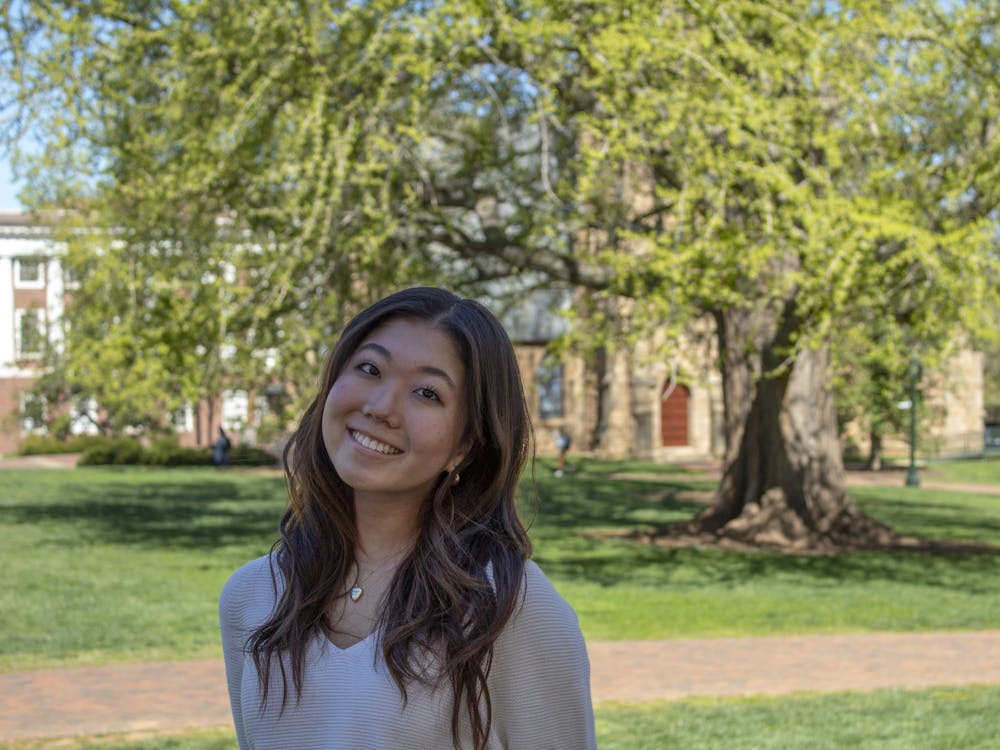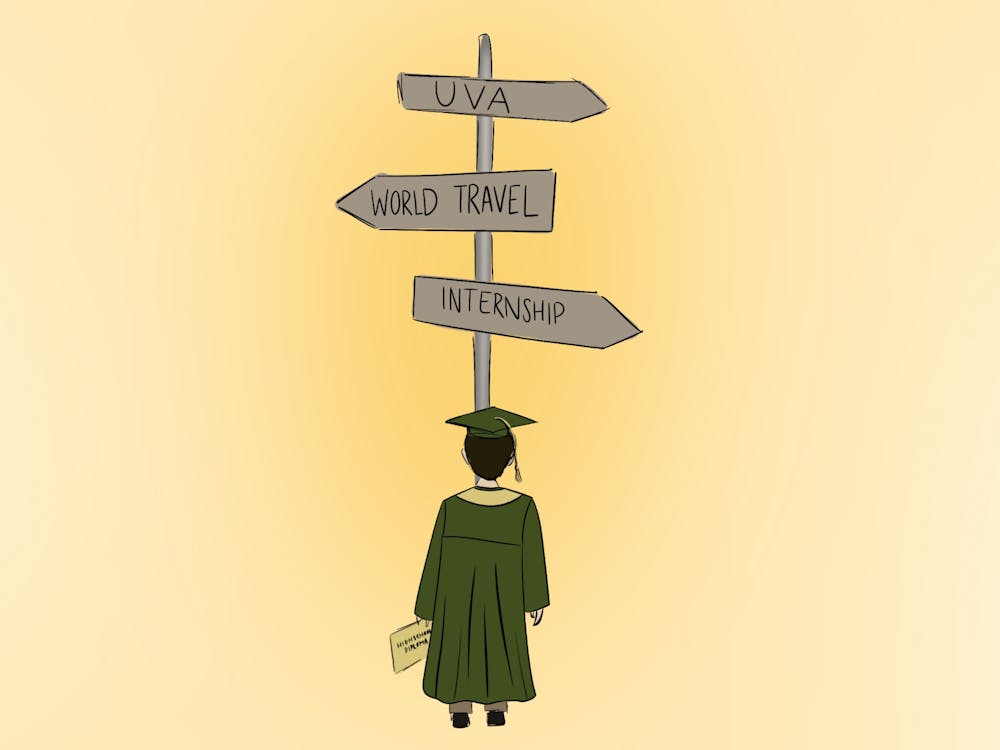The women of Nyakitabire, Uganda share secrets between swirls of smoke. Every afternoon, they tell their husbands they are going to cook dinner and share ingredients at the village widow’s hut. With the curtains drawn, they pull their bright suuka tight and lean close, telling each other just how many times they were beaten this week, just how hard it is to send their daughters to fetch water knowing they will likely be asked to trade sex for a fill, and just how badly they want their children to receive an exorbitantly priced government education.
Of course, their comments are punctuated with laughter and joviality. These conversations are not sad, but simply discussions of daily life. These women have created a safe space to discuss the difficult things they face daily. They have given each other the opportunity to be heard.
This summer, I worked with a woman who is a member of the group. Along with the other women in Nyakitabire, she resolved to ensure that being heard did not end once the food was prepared. Together, they assigned each woman a weekly shift to patrol the village with a wheelbarrow and a brick during dinner hour when husbands arrived home. If they heard anything amiss as they passed by another’s hut, they were to beat the brick against the metal wheelbarrow until the husband came to the door. Brick in hand, the woman on patrol would stand defiantly with a look that said, “I see you.” Even more importantly, her presence would let the woman inside know her voice was being heard.
I have spent this year listening to a lot of people who have placed a metaphorical brick in my hand as they tell me their stories. Tonight, I listened as a 97-year-old Holocaust survivor spent his birthday telling me about what it was like to survive nine separate concentration camps. From Auschwitz and Buchenwald, spending 14 days without food and water and and five years buried deep in the coalmines, Elias Feinziliberg was a 17-year-old boy in striped pajamas.
“I want to live!” he said tonight in Spanish. “I want to live so I can tell you my story, again and again.”
Stranded on a layover in the Netherlands, I listened to a girl named Erin tell me about her family in Columbus, Ohio. She had worked two jobs through her first year of college to pay for tuition and purchase a plane ticket to visit family abroad for the first time. She was thankful that the airline offered compensation for the inconvenience, because she otherwise would not have had enough Euros to buy a breakfast parfait.
In June, I listened as a man in Byimana, Rwanda grabbed my arm and asked for a picture. After, he took both of my shoulders in his weathered hands and said, with some of the only English he knew, “Tell them my name is John.”
There are billions of people who aren’t being heard. They don’t have a platform to reach a wider audience, and what they have to say is so much more important than what I could tell you about my own life. These people are the ones facing the fire of all the grenades I hear popping outside my window. They are the ones in villages with names too difficult to pronounce, so we simply don’t, and they are the ones working the night shift to pay for college instead of staying up late writing columns. It’s unfair that, out of everyone, I’m allotted this space.
It scares me that even in an age when more people have cell phones than have toilets, we still find it difficult to hear first-hand the opinions, voices and stories of people in distant and conflict-ridden regions of the world. I don’t want to hear what Anderson Cooper, Christiane Amanpour or Thomas Friedman has to say about the Israeli-Palestinian conflict — and I don’t want you to either.
I want you to know what Faraz, my Palestinian security guard, or Choban, a friendly Israeli merchant, has to say about it. They have so many opinions and stories which matter — stories that get lost in the black hole of social media sorting algorithms or, often, never get told.
So here I am, beating my own metaphorical brick to let the people I have met this year know that they matter to me and that I hear them. I urge every one of you to seek out alternative forms of media, to put down the Times and pick up foreign papers, to stop reading what I have to say and start following the feeds of people and protesters around the world.
There are people in post-genocide Rwanda who have found ingenious ways to rebuild amid horrifying destruction. There are people in North Korea who have circumvented Kim Jong-un’s Internet blockade and are sharing their stories. There are people in Cairo and Ferguson who we listened to for a little while, but didn’t keep up with once CNN stopped running their tweets. They’re still posting, and they want the world to hear them.
The very least we can do is start echoing their beating bricks on our own feeds — thereby letting the world know that John says hello.
Lauren’s column runs biweeky Fridays. She can be reached at l.jackson@cavalierdaily.com.





